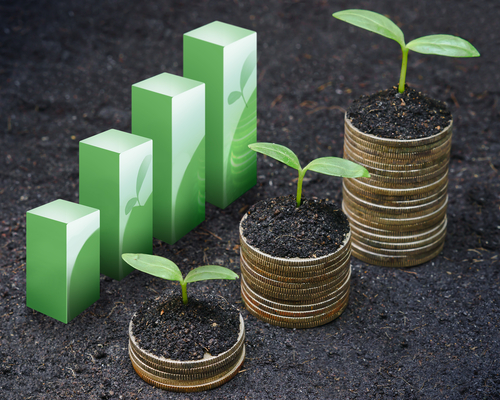Editor's Pick
UK GDP growth revised

The UK economy expanded faster than forecast last year, thanks to a notable rise in exports and steadily increasing consumer spending, data released today by the Office for National Statistics has shown.
GDP growth last year overall has been revised to 2.8 per cent; previous estimates placed the figure at 2.6 per cent, however the ONS figures indicate that the UK economy grew by 0.6 per cent in Q4.
The most significant contribution to growth in the fourth quarter came from international trade, which rose by 4.6 per cent compared to the previous quarter, with imports rising a lesser 1.6 per cent. The second largest contributor was consumer spending, which rose by 0.4 per cent, spurred by higher average disposable incomes. These were 2.2 per cent above pre-2008 levels and have risem by 2.3 per cent in year-on-year terms (the fastest rate of annual growth in five years).
The increase in disposable income has largely been powered by cheap oil, low inflation (which fell to zero in February) and record low borrowing costs.
However, business investment continued to be weak, falling 0.9 per cent last year, though this was lower than the 1.4 per cent analysts had expected.
Howard Archer of IHS Global Insight said the data indicated that the economy was holding up pretty well so far this year, and he expected GDP growth to hit 0.6 per cent again in the first quarter of this year. However, Archer also noted that the current account deficit was still “far too high for comfort” at present.

Wellness and wellbeing holidays: Travel insurance is essential for your peace of mind
Out of the pandemic lockdowns, there’s a greater emphasis on wellbeing and wellness, with
Sponsored by Post Office
David Kern of the British Chambers of Commerce said he was “concerned” by the fall in business investment, despite the moderate improvement in the trade balance. “As in recent quarters, services and consumer spending were the main drivers of the economy. While a healthy consumer sector is vital to the UK economy, it is clear we need a greater contribution from exports and investment.”
Martin Beck of the EY ITEM Club said the stage was set for a strong year ahead, forecasting annual GDP growth of up to 3 per cent.
Vicky Redwood of Capital Economics said the figures “leave the economic recovery at the end of last year looking a bit stronger than before, although the large current account deficit casts something of a cloud.”
Scott Corfe of the Centre for Economics and Business Research said that wage increases and low inflation “have finally lifted some of the pessimism that many households have about the economic recovery.”
However, Corfe added that as recent improvements in household finances “come after years of weak wage growth and squeezed benefits”, “for many, improvement does not equate to prosperity.”
Labour spokespeople assert that most households are significantly poorer than they were at the time of the last election, due to high inflation and weak pay growth in the intervening five years. The government, however, welcomed the news.
“Hat trick of good news just out from ONS: GDP revised up, consumer confidence up, living standards up,” tweeted George Osborne. “Long-term economic plan working.”
Meanwhile, the UK’s current account deficit for 2014 widened to £97.9billion, from £76.7billion in 2013.